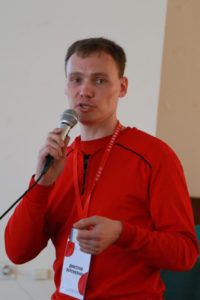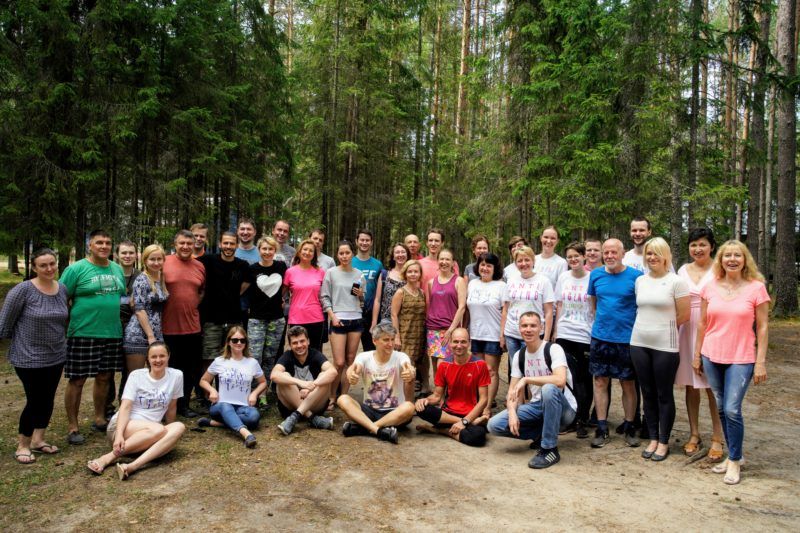Today we have a report from Open Longevity School: Summer Camp 2018, an initiative in Russia focused on developing a personal health and longevity strategy, Elena Milova went to investigate.
When we ask researchers when, in their opinion, the cures for aging will be ready, we often hear an optimistic answer: 20–25 years. As a well-informed optimist, I add another 10 years to this number, because wherever the therapies appear, it will take time for them to be distributed to other countries and become affordable. I will be happy if it takes less time, but what if it doesn’t? I am nearly 40, and when I add 35 years to my current age, I vividly imagine how my reflection in the mirror will show a 75-year-old lady. Honestly, I don’t want to see my body change, and it can explain why I aspire to get first-hand information about any means to slow down aging as soon as possible. Evidence-based information, of course.
Before I tell you my story of discovering how to control my aging, I must provide a disclaimer. This article does not contain any medical recommendations. The websites of the projects I will tell you about, once again, do not contain medical recommendations and cannot be independently used to make health decisions. The experience I will share, and the activities of the projects I will tell you about, are aimed at teaching you about the existing scientific knowledge about aging and interventions that have the potential to change the way we age. Whatever you decide to implement in your everyday life, please talk to your medical advisor first.
 I am always looking for the means to keep myself as young as possible. Luckily for me, in Russia, there is a project focused on collecting this kind of information and making it publicly available. It is Nestarenie.ru (translation: “not aging”), an online encyclopedia created by professional sports trainer, valeologist and citizen scientist Dmitry Veremeenko. The amount of information that Dmitry has managed to process is hard to imagine; it consists of more than 70,000 scientific papers. The development of this database took him several years of work. Each article of his encyclopedia summarizes a specific drug, food or lifestyle element that can slow down or even reverse age-related changes, with a deep explanation of the underlying mechanisms. Each of his information-dense articles has lots of internal links to actual scientific papers (including the freshest meta-analyses) and finishes with a list of additional references.
I am always looking for the means to keep myself as young as possible. Luckily for me, in Russia, there is a project focused on collecting this kind of information and making it publicly available. It is Nestarenie.ru (translation: “not aging”), an online encyclopedia created by professional sports trainer, valeologist and citizen scientist Dmitry Veremeenko. The amount of information that Dmitry has managed to process is hard to imagine; it consists of more than 70,000 scientific papers. The development of this database took him several years of work. Each article of his encyclopedia summarizes a specific drug, food or lifestyle element that can slow down or even reverse age-related changes, with a deep explanation of the underlying mechanisms. Each of his information-dense articles has lots of internal links to actual scientific papers (including the freshest meta-analyses) and finishes with a list of additional references.









Comments are closed.